This European country's health system is funded by the government through taxation, which ensures free healthcare at the point of use for all residents. It's known for the National Health Service (NHS), which was established in 1948.
What is the United Kingdom?
This term describes the unequal health outcomes and access to healthcare services among different populations, often influenced by socioeconomic status, race, ethnicity, and geography.
What are health disparities?
Endemic to tropical and subtropical regions, this disease transmitted by female Anopheles mosquito causes symptoms like fever, chills, and vomiting. In 2019, it caused an estimated 229 million cases worldwide.
What is Malaria?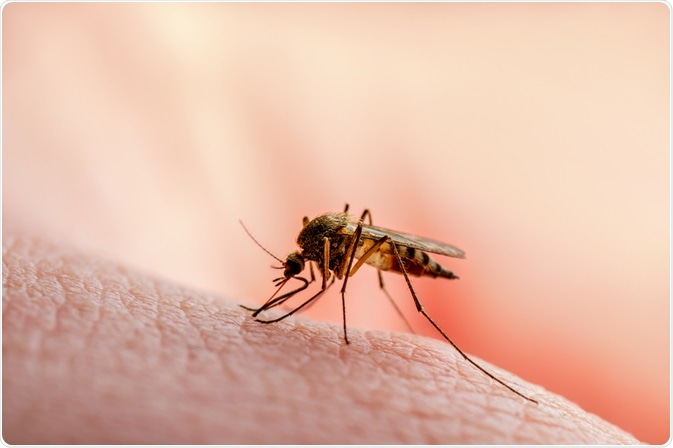
This innovation, crucial for timely treatment in short-resource settings, allows for the rapid identification of diseases such as malaria, dengue, and covid.
What is rapid-diagnostic testing (RDT)?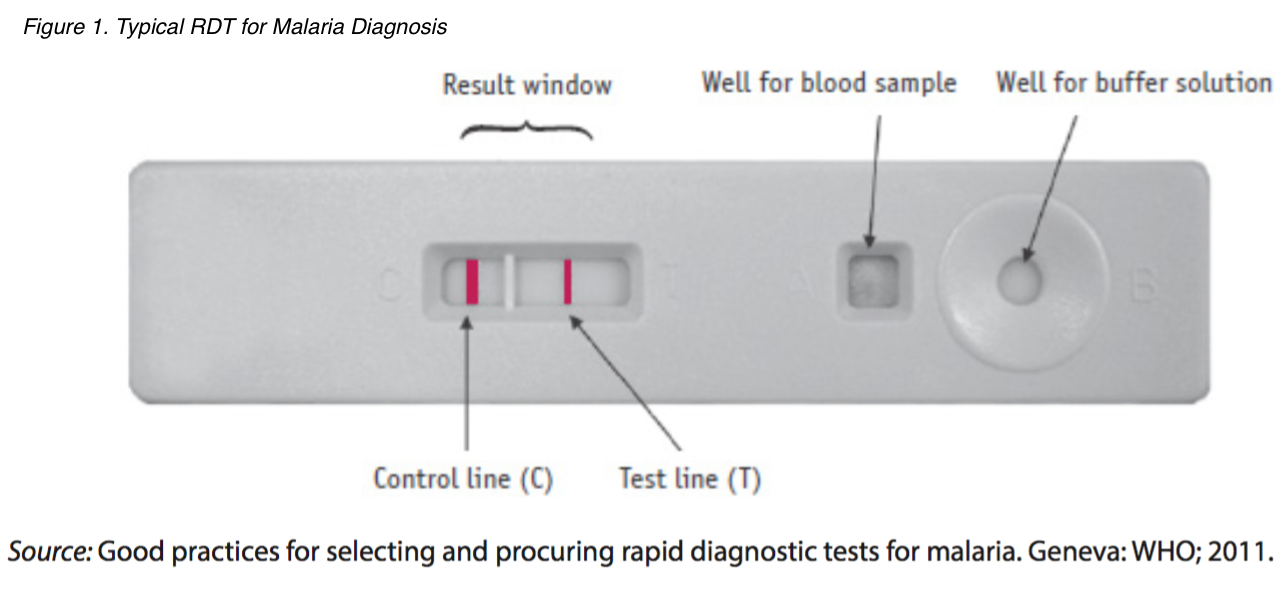
This international body, established in 1948, is responsible for international public health, coordinating and controlling outbreaks, and promoting healthy lifestyles worldwide.
What is the World Health Organization (WHO)?
This European country operates a dual public-private healthcare system where health insurance is required by law. The system is funded by a combination of employer and employee contributions and is known for its high quality of care and excellent patient outcomes!
What is Germany?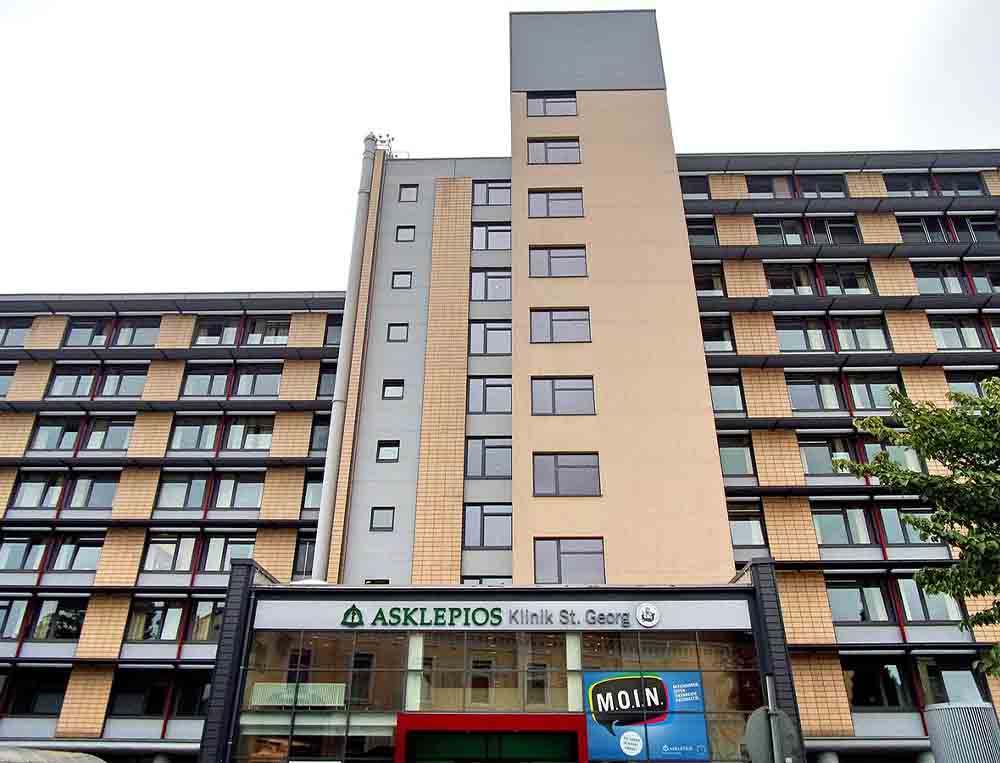
This continent, home to diverse cultures and economies, has the highest rates of maternal and child mortality due to factors such as inadequate access to healthcare, poverty, and high prevalence of infectious diseases.
What is Africa?
This viral infection is spread through bodily fluids and has led to a global epidemic in the 1980's, with Sub-Saharan Africa being the most affected region. It uniquely targets the immune system, specifically CD4 cells.
What is HIV/AIDS?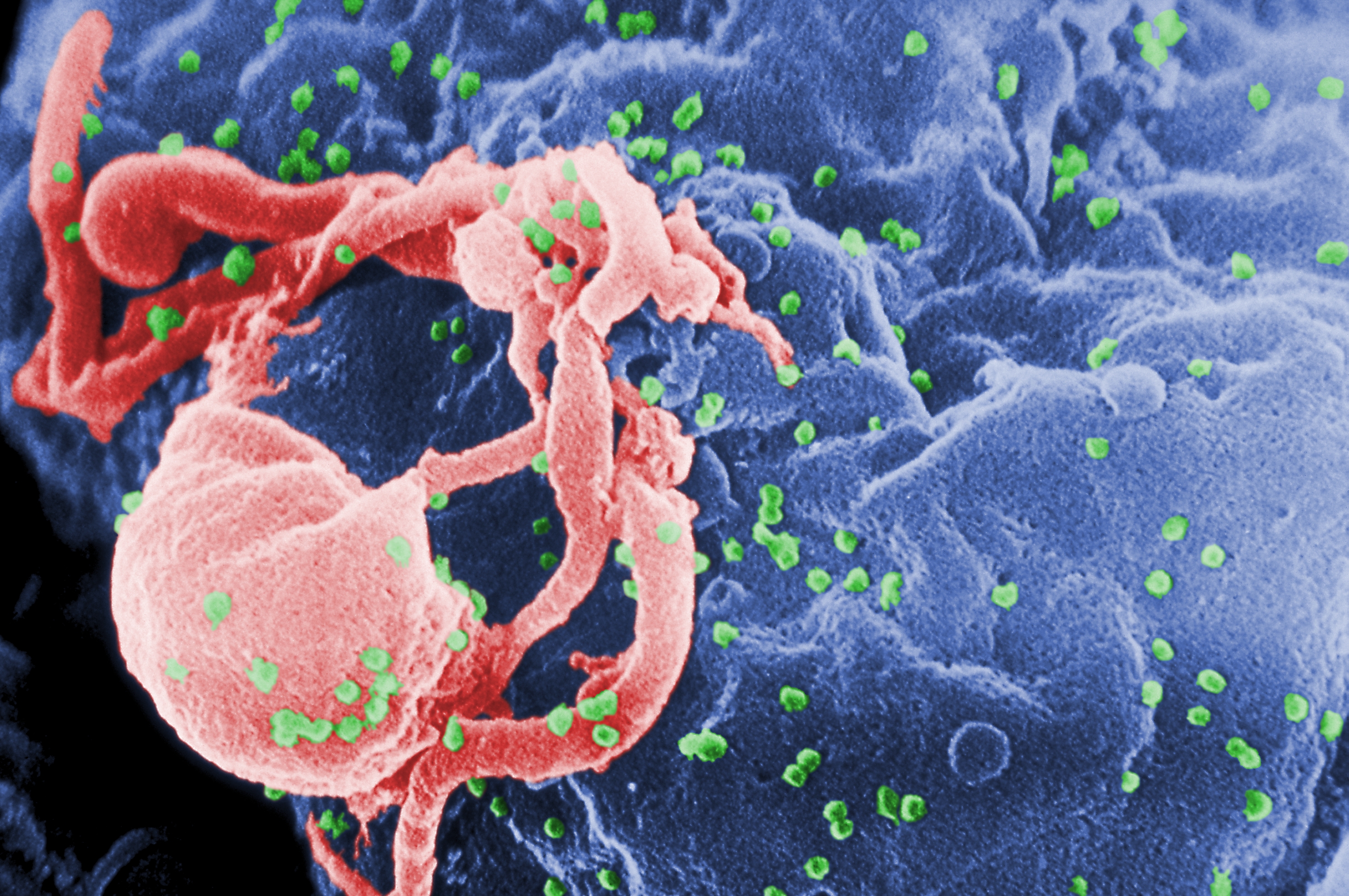
as a response to global vaccine needs, this technology uses synthetic messenger RNA to instruct cells to produce a protein that triggers an immune response, offering a new strategy for vaccine development.
What is the mRNA vaccine?

This concept involves the use of misleading information about health issues on social media platforms, which can lead to public mistrust in health interventions. This phenomenon complicates current efforts to address global health challenges.
What is health misinformation?
This North American country's healthcare system is publicly funded and provides universal coverage to all citizens and permanent residents through a single-payer system.
What is Canada?
Despite being one of the world's fastest-growing economies, this country faces significant healthcare disparities, especially in rural areas where there's a vast shortage of medical professionals and access to healthcare is very limited.
What is India?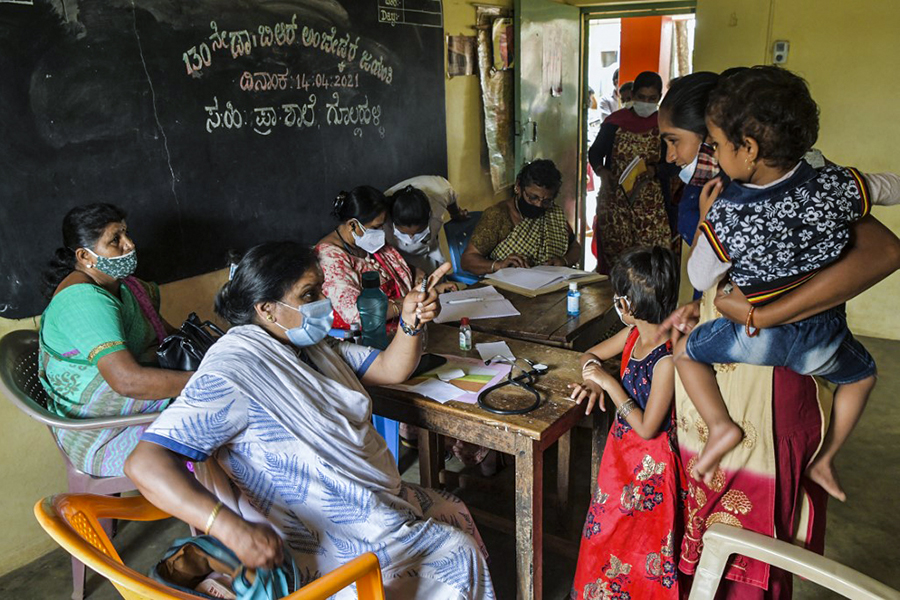
This airborne bacterial infection impacts the lungs and is spread through cough or sneeze. It's one of the top 10 causes of death worldwide, and the development of drug-resistant forms has been a significant public health challenge.
What is Tuberculosis?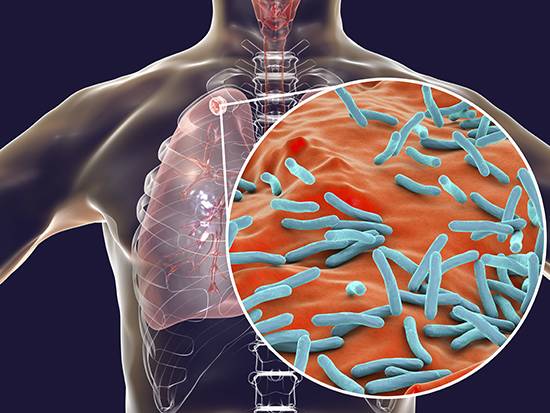
This medical practice allows patients in remote or underserved areas to receive healthcare services over the internet, breaking down barriers to access and enabling convenient, timely treatment plans.
What is telemedicine?
This initiative, launched by the United Nations in 2000, set ambitious goals to tackle poverty, hunger, disease, and inequality worldwide by a certain deadline.
What are the Millenium Development Goals (MDGs)?
In this central European country, healthcare operates under a unique model where health insurance is mandatory for all individuals, with premiums not tied to income but with subsidies available to ensure affordability. The system is highly decentralized, with a focus on private insurance and competition among providers
What is Switzerland?
In many countries, this rising population faces significant barriers to healthcare access, including legal restrictions, social stigma, and discrimination, leading to higher rates of mental health issues and infectious diseases.
What is the LGBTQ+ community?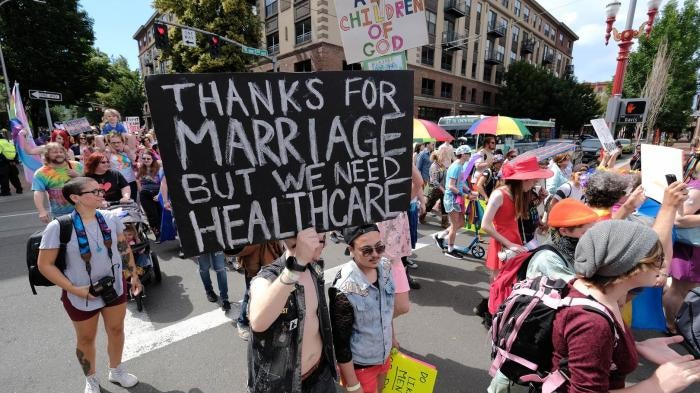
This disease is caused by bacteria found in contaminated food or water and can lead to severe dehydration and death if left untreated. Outbreaks often occur in areas with poor sanitation after natural disasters or conflicts.
What is cholera?
This vaccine, introduced in the early 21st century, targets the viruses that cause most cases of cervical cancer, significantly reducing the incidence of this type of cancer globally.
What is the HPV vaccine? 
This term describes the practice where pharmaceutical companies and researchers conduct trials in low- and middle-income countries due to lower costs and less strict regulatory environments, raising ethical concerns.
What is clinical trial outsourcing or "ethics dumping"?
This country has achieved nearly universal health coverage through a system that requires all residents to enroll in either National Health Insurance or an employee-based health insurance program. The system emphasizes preventive care and has one of the highest life expectancies in the world.
What is Japan?
This particular type of disparity is observed in high-income countries, where individuals from lower socioeconomic backgrounds have higher rates of this type of disease, often due to factors like stress, access to healthy foods, and exposure to environmental toxins. These are the leading causes of death worldwide.
What are non-communicable diseases?
Eradicated in the 1980's through global vaccination efforts, this viral disease was once feared for its contagiousness and mortality rate. It left survivors with permanent scars and, in some cases, blindness.
What is smallpox?
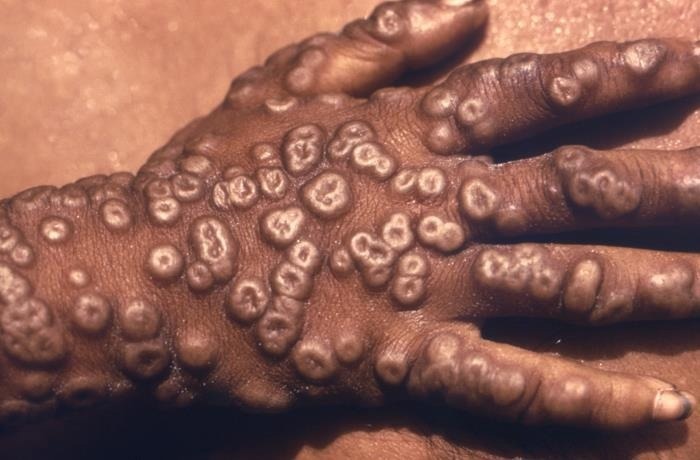
This innovative technology involves the editing of genes within an organism to correct mutations or modify DNA sequences, which offers potential cures for genetic diseases.
What is CRISPR-Cas9?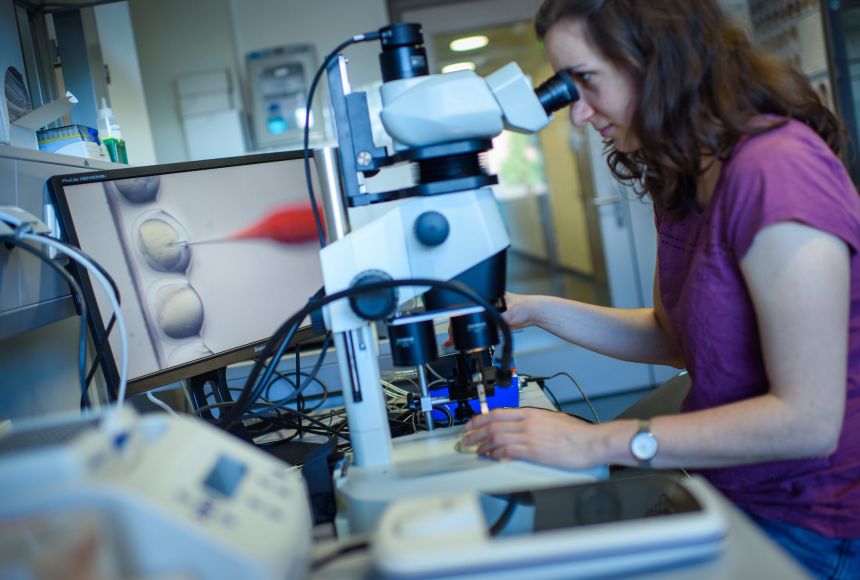
This historic event, which took place between 1918-1919, was one of the deadliest pandemics in human history, infecting one-third of the world's population.
What is the spanish flu?